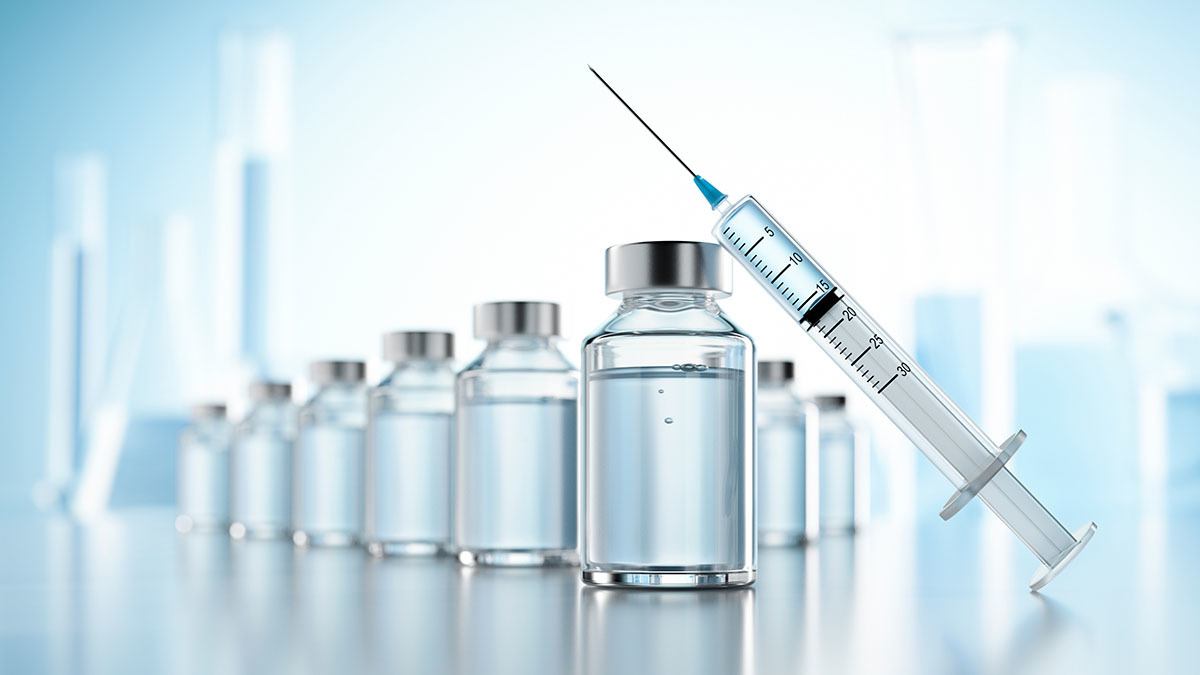USP Organic Leachables Identification Testing
The USP Organic Leachables Identification Testing is a critical service designed to identify and quantify organic compounds that leach from pharmaceutical packaging, containers, or components into the product during storage and handling. This testing ensures compliance with United States Pharmacopeia (USP) Chapter Chapter 1680 requirements, which are aimed at safeguarding the quality and safety of pharmaceutical products.
The testing process involves a series of steps to ensure accurate identification and quantification. Specimens are first prepared by extracting organic compounds under controlled conditions that simulate real-world storage scenarios. The extracted samples undergo sophisticated instrumental analysis using Liquid Chromatography-Mass Spectrometry (LC-MS) or Gas Chromatography-Mass Spectrometry (GC-MS). These methods provide precise identification and quantification of leachable organic compounds, ensuring they do not exceed the established limits set forth by USP.
The process begins with the selection of appropriate extraction solvents and conditions to accurately simulate real-world scenarios. This step is crucial as it ensures that all potential leachables are captured for analysis. After extraction, the samples undergo thorough processing to remove interfering compounds before they can be analyzed using LC-MS or GC-MS. The instrumental analysis provides detailed spectra and retention times, which are used to identify organic compounds based on their unique molecular signatures.
Following identification, quantification is performed by comparing the peak areas of detected compounds with those of known standards. This allows for accurate determination of leachable concentrations in the pharmaceutical product. Reporting involves comprehensive documentation that includes all test parameters, instrumental settings, extracted compounds, and compliance with USP limits.
The importance of this testing cannot be overstated as it directly impacts patient safety by ensuring that no harmful organic compounds are introduced into the medicinal product. By adhering to these stringent requirements, pharmaceutical manufacturers can demonstrate regulatory compliance and uphold their commitment to quality assurance.
- Comprehensive Extraction: Utilizing a range of solvents to ensure all potential leachables are captured.
- Advanced Instrumentation: Employing LC-MS or GC-MS for precise identification and quantification.
- Standardized Reporting: Providing detailed documentation that includes test parameters, instrumental settings, extracted compounds, and compliance with USP limits.
The rigorous nature of this testing underscores its critical role in the pharmaceutical industry. By ensuring that organic leachables do not exceed established limits, manufacturers can safeguard public health and maintain the integrity of their products.
Scope and Methodology
The scope of USP Organic Leachables Identification Testing includes evaluating the potential for organic compounds to leach from packaging materials into pharmaceutical products. This service focuses on identifying and quantifying these compounds using advanced analytical techniques compliant with USP Chapter 1680.
The methodology involves several key steps:
- Sample Preparation: Specimens are prepared by extracting organic compounds under controlled conditions that simulate real-world storage scenarios. This step ensures accurate representation of potential leachables.
- Extraction Solvent Selection: A range of solvents is used to capture all possible leachables, ensuring comprehensive coverage.
- Sample Processing: Interfering compounds are removed before analysis to ensure accurate quantification.
- Instrumental Analysis: Specimens undergo LC-MS or GC-MS for precise identification and quantification of organic compounds based on their unique molecular signatures.
- Quantification: Detected compounds are compared with known standards to determine concentrations within the product.
- Reporting: Comprehensive documentation is provided, including all test parameters, instrumental settings, extracted compounds, and compliance with USP limits.
This comprehensive approach ensures that organic leachables do not exceed established limits set forth by USP Chapter 1680, thereby safeguarding the quality and safety of pharmaceutical products.
Why Choose This Test
- Regulatory Compliance: Ensures adherence to USP Chapter 1680 requirements for organic leachables identification.
- Patient Safety: Guarantees that no harmful organic compounds are introduced into the medicinal product, safeguarding public health.
- Quality Assurance: Demonstrates commitment to quality assurance and maintaining the integrity of pharmaceutical products.
- Rigorous Testing: Utilizes advanced analytical techniques (LC-MS or GC-MS) for precise identification and quantification of organic compounds.
- Comprehensive Reporting: Provides detailed documentation that includes all test parameters, instrumental settings, extracted compounds, and compliance with USP limits.
- Expertise and Experience: Leveraging expertise in pharmaceutical testing to ensure accurate and reliable results.
- State-of-the-Art Facilities: Utilizing cutting-edge equipment and facilities for precise analysis and reporting.
- Comprehensive Coverage: Ensuring that all potential organic leachables are captured, providing comprehensive coverage.
The rigorous nature of this testing underscores its critical role in the pharmaceutical industry. By ensuring that organic leachables do not exceed established limits, manufacturers can safeguard public health and maintain the integrity of their products. This service is essential for quality managers, compliance officers, R&D engineers, and procurement teams to ensure regulatory compliance and uphold a commitment to quality assurance.
International Acceptance and Recognition
The USP Organic Leachables Identification Testing has achieved international recognition and acceptance due to its stringent requirements and adherence to global standards. This service is widely accepted in the pharmaceutical industry as it ensures that organic leachables do not exceed established limits, safeguarding public health.
USP Chapter 1680 sets out comprehensive guidelines for identifying and quantifying organic compounds that may leach from packaging materials into pharmaceutical products. Compliance with these standards is crucial for manufacturers to ensure the safety and quality of their products. The USP Organic Leachables Identification Testing has been recognized by regulatory authorities worldwide, including those in Europe, Asia, and North America.
The testing process is designed to be rigorous and comprehensive, ensuring accurate identification and quantification of organic leachables. This approach guarantees that no harmful compounds are introduced into the medicinal product, thereby safeguarding public health. The service’s global acceptance reflects its importance in maintaining the integrity of pharmaceutical products and ensuring regulatory compliance.
Manufacturers who choose this testing demonstrate their commitment to quality assurance and patient safety. By adhering to USP Chapter 1680 requirements, they can ensure that their products meet international standards and are safe for use. This service is essential for quality managers, compliance officers, R&D engineers, and procurement teams to ensure regulatory compliance and uphold a commitment to quality assurance.





